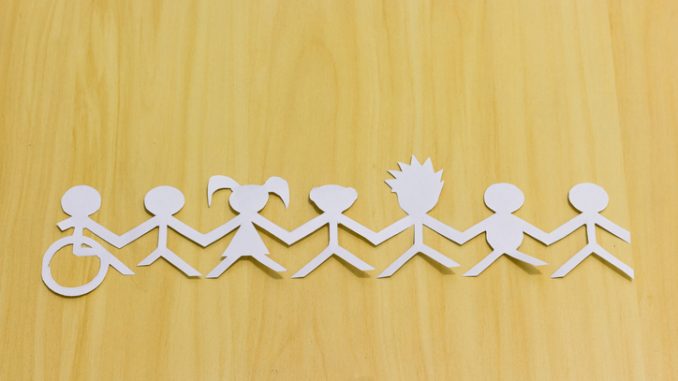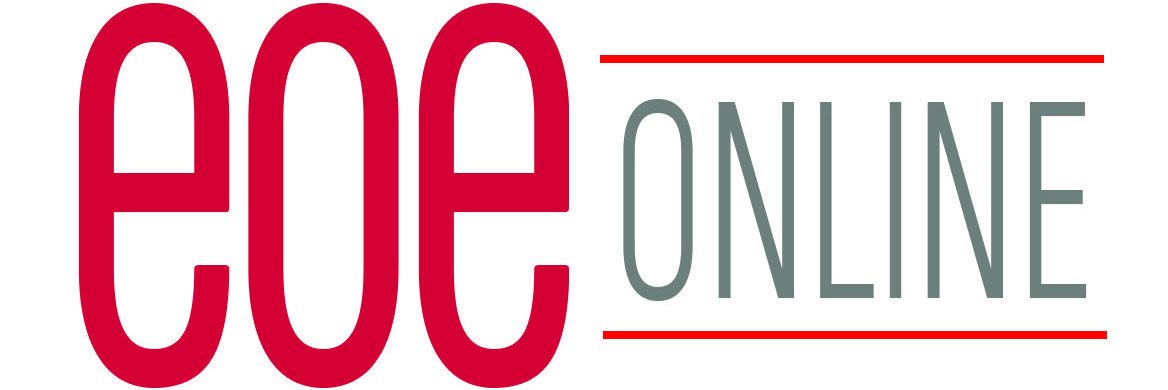
BY MONTRECE MCNEILL RANSOM
In March 2019, I was presented with the ABA Health Law Section’s Champion of Diversity and Inclusion Award. I was incredibly honored to receive this particular award. I am, indeed, a champion for diversity and inclusion, and serving as a voice for diversity is very important to me, both personally and professionally.
I have been working in the field of public health law for almost 18 years, and I have long felt compelled to contribute to the creation of spaces where diverse individuals, regardless of their backgrounds and various identities, can feel included. I feel responsible for holding the door open for people who follow me. Receiving this award felt like recognition of my contributions to the ABA, the HLS and to our profession, as a whole. I felt seen.
Through the years, I have actively recruited diverse members, ensured their involvement in the activities of the ABA HLS and ensured that leadership opportunities were available to them. For example, in 2018, nine students from diverse backgrounds that I recruited joined the ABA, joined the HLS and began service as student liaisons.
One of those students was also the 2019 HLS Writing Competition winner, Madison Hartman. I have worked to provide increased leadership opportunities to diverse participants qualified to serve in those roles and have mentored diverse members as they’ve developed leadership pathways within the section. I have also promoted diversity and inclusion in the profession. For example, I served as the only invited speaker at a career roundtable focused on health law at the 5th Annual HBCU Pre-Law Summit in September 2018.
Including people from diverse backgrounds, cultures and experiences adds value. It means access to the widest range of perspectives, talents and skills. Often that is where the focus ends—diversity and inclusion. However, there is a third, critical component and that is belongingness. A simple word, but a huge concept. Diversity and inclusion just do not work without it.
Let’s be clear—diversity is incredibly important in that it fosters innovation and guards against stagnation and groupthink. Creating and nurturing a culture of diversity and inclusion requires us to reach out, empathize with and include individuals who may come from very different backgrounds from ours. It requires cross-cultural competency, maturity and a worldview characterized by a willingness to challenge deep-seated assumptions we may have regarding others’ values, belief systems and cultures.
Perhaps, most importantly though, creating a culture of diversity and inclusion requires that we strive to nurture a sense of belonging in those who work, live, play and worship alongside us, in our shared spaces and communities. Belongingness represents—and gives power and force—to the concepts of diversity and inclusion. Belongingness means acceptance. It means feeling like you fit in, as if you have a contribution to make. Belongingness is a mindset characterized by being able to be authentic, knowing I matter and that my voice is essential.
To read this article in its entirety at www.abajournal.com, click here.
